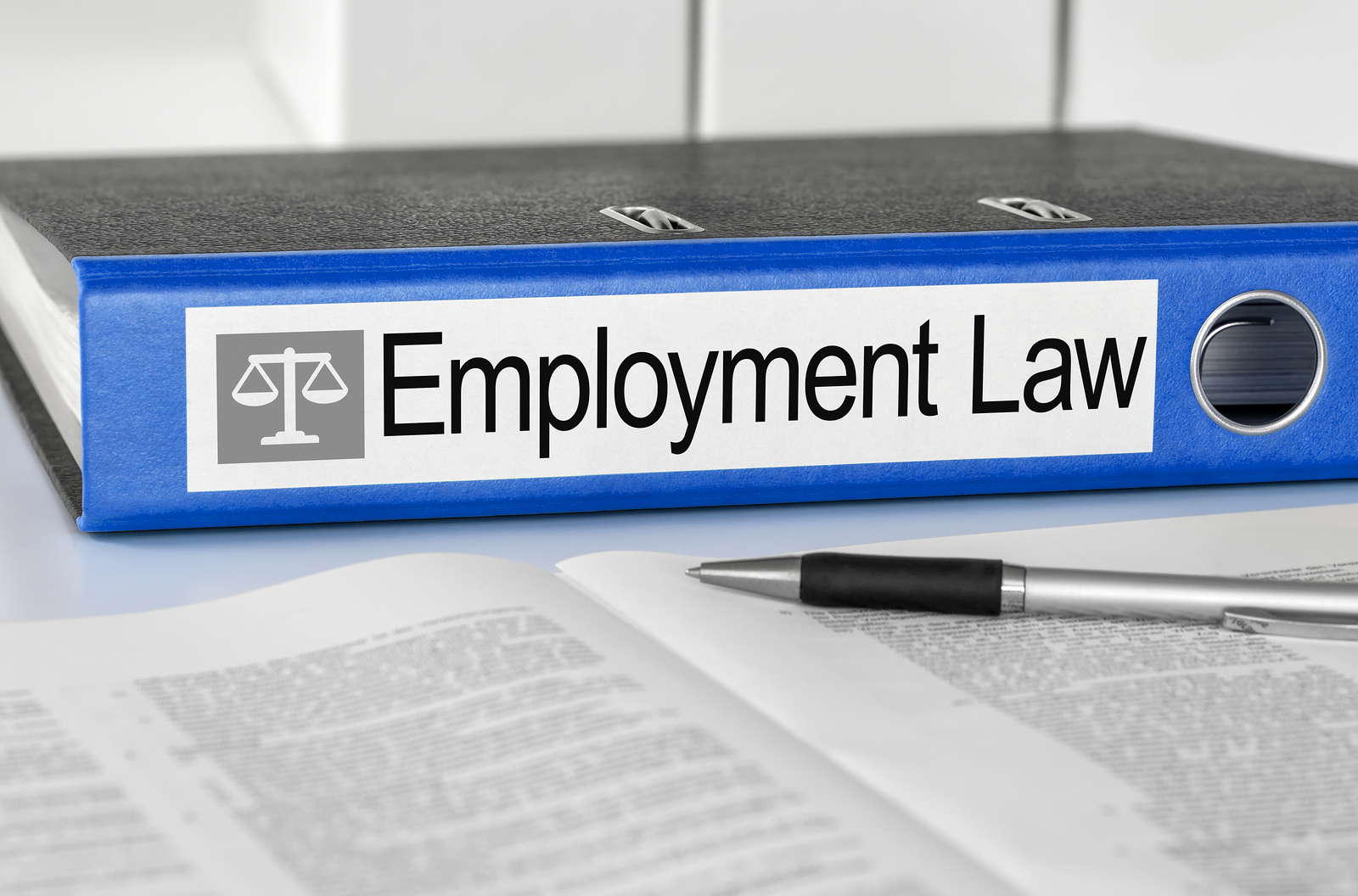If you’re hard at work developing your start-up and are ready to start hiring staff, it’s important to make sure you’re doing everything right and above board.
This means that getting the basics of employment law right is essential. The last thing you want is complaints or legal action coming from unhappy employees.
It’s also good to know what your own rights are in cases where employees are behaving inappropriately. So here are five areas you need to know well and prepare for as you start to hire staff.
Contracts
While it may not be a legal requirement to get a written contract, it’s definitely worth doing it. This is so all the terms and conditions of employment are understood and agreed to. Employees do have a right to see written terms and conditions of their employment so a contract is the best way to do this.
The terms and conditions must include, the employer’s name, employee’s name, job title, start date, hours of work, pay, holiday entitlement and notice periods.
Employee benefits and rights
Employees are entitled to number of rights, although this will depend on the type of worker and how many hours they work for you.
Full-time workers are entitled to National Minimum Wage, holidays and rest days. They may also be entitled to things like pensions, maternity and sick pay. They should be protected from discrimination and whistleblowing and from working more than 48 hours in a week (unless they opt out).
Part-time workers have the same rights regarding pay rates, pensions and holidays and should also be offered the same opportunity for promotion or redundancy. These benefits will be subject to the ‘pro rata’ rule which means in proportion to hours worked. If an employee feels they are being treated less favourably than a full-time employee, you must give a written statement of the reasons for this within 21 days.
This Holiday Entitlement Calculator shows what holiday entitlement is due to an employee
Unfair dismissals
Firing someone is never a fun thing to do but before you do it you need to check that it’s fair. Employers can only dismiss for a fair reasons such as performance, misconduct or through redundancy.
If an employee has worked for you for at least two years, they can make an unfair dismissal claim if you fire them. There are some examples where it doesn’t matter how long the employee has worked for you, such as discrimination or whistleblowing being the reason for dismissal.
Discrimination
It’s important to abide by discrimination laws designed to protect job applicants or employees. It covers race, age, gender, sexuality, disability, whether someone is pregnant, if they’re transsexual, marital status and religious belief or lack of.
It is illegal to discriminate based on these grounds, either in deciding not to hire someone or through poor treatment in the workplace. Anyone can bring up a discrimination charge so it’s important that your workplace is open to all. This also helps to keep morale high and employees happy.
Personal data
With GDPR, employers need to pay attention to their employee records as well as customer data. Personal data must be processed and kept lawfully. If requested, employers must be able to provide details of how employee data is processed.
The above tips are to be taken as general advice, for more specific legal advice it’s always best to consult a professional before acting.
Are you ready to hire employees? Please share your thoughts below.









Leave a Reply